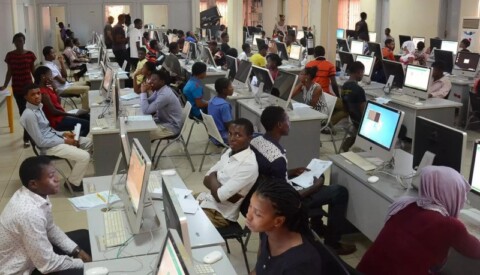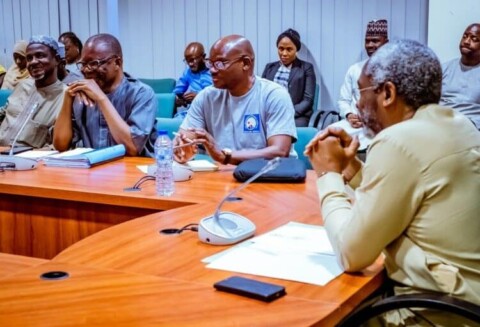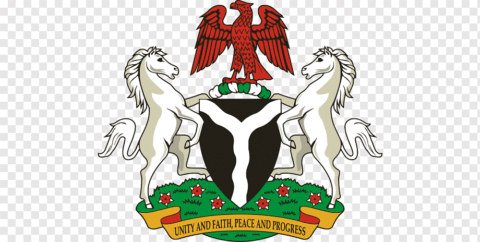The Economic Community of West African States (ECOWAS) has called for urgent reforms in traditional Islamic (Qur’anic) schools as part of a broader strategy to combat rising terrorism and violent extremism across West Africa and the Sahel. ECOWAS Commission President, Dr. Omar Touray, made the appeal on Thursday in Abuja at the West African Islamic Conference on Security and Governance, themed “The Role of Islamic Organisations in Countering Terrorism and Violent Extremism in West Africa and the Sahel.”
Touray explained that millions of young people across the region attend traditional Qur’anic schools, yet these institutions remain largely informal, under-resourced, and unregulated, leaving students and teachers vulnerable to manipulation, exploitation, and recruitment by extremist groups. He emphasized that modernising and protecting these schools would help end the widespread issue of street begging among children, reduce child abuse, and strengthen resilience against radicalisation.
He noted that terrorism and violent extremism have increasingly taken root in the region, with Africa now emerging as the global hotspot for terrorist activities according to the 2025 Global Terrorism Index. He warned that the continued spread of extremism poses severe social and economic threats, and stressed the need for both preventive and direct intervention strategies. Touray added that the approach aligns with the ECOWAS Action Plan Against Terrorism, which combines non-kinetic community engagement with kinetic security operations.
The Emir of Kano, Alhaji Muhammadu Sanusi II, described the conference as the beginning of a renewed era of cooperation. He called on stakeholders to remain committed to building a peaceful and united region where young people can live with dignity and hope. He urged participants not to allow differences in background or ideology to create division.
Also speaking, Dr. Mohamed Ibn Chambas, the African Union’s High Representative for ‘Silencing the Guns,’ expressed concern over the growing number of out-of-school children in West and Central Africa, currently estimated at over 40 million. He noted that terrorism-related deaths in the region have recently risen by ten percent, highlighting the urgency of collective action. He said the aim of the conference was to empower Islamic organisations to promote peace, tolerance, and coexistence through community-based, non-violent strategies.
The conference was organised by Jam’iyyatu Ansariddeen Attijjaniyya in collaboration with ECOWAS, and attended by representatives of the African Union, United Nations agencies such as UNICEF and UNESCO, and Interpol, among others.





